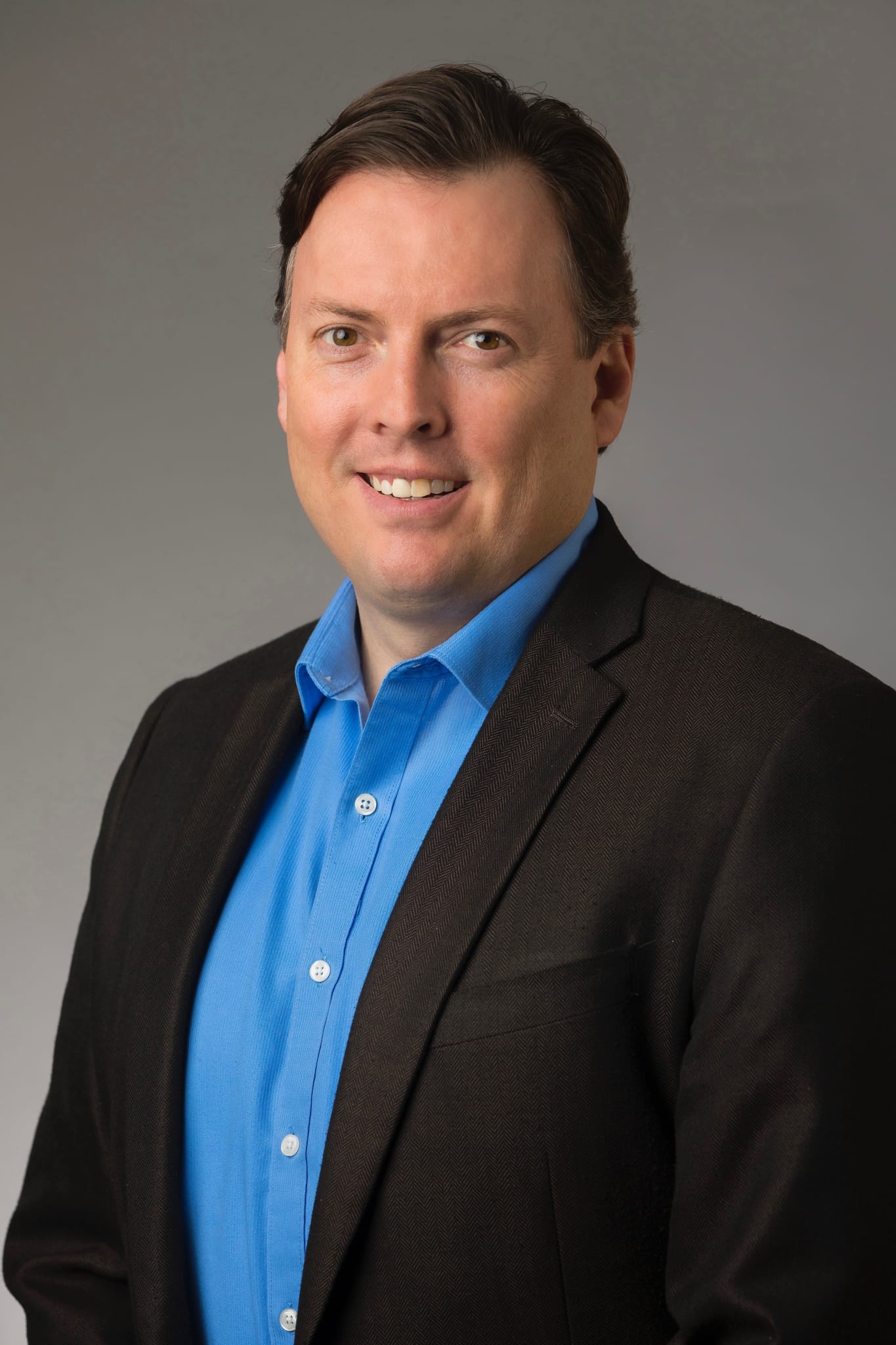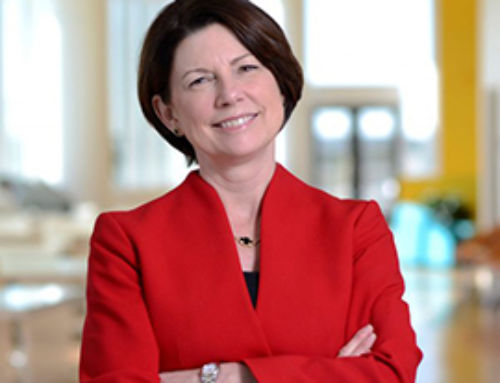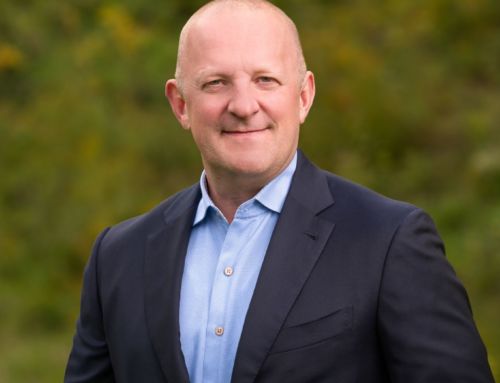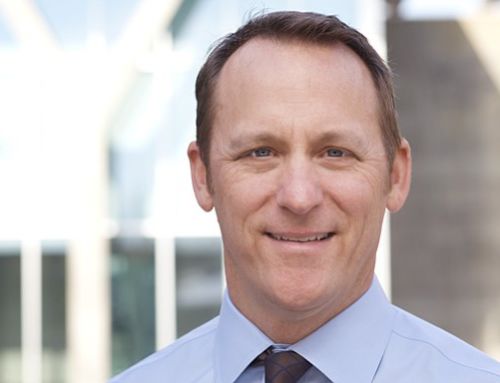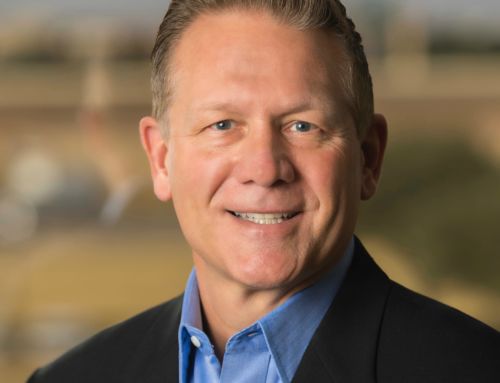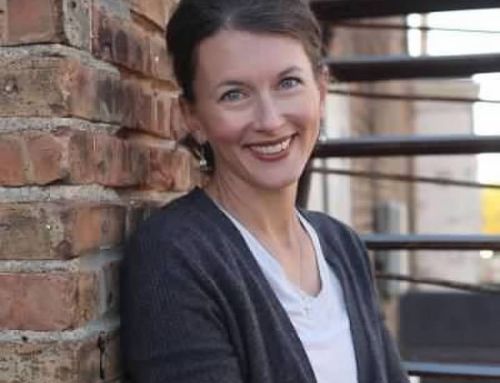You want to answer “What’s Next?” but you’re not sure where to start. You know something has to change, and you may even have a sense for what it is, but you don’t want to act hastily.
You can sense that a transition is coming. Lingering restlessness brews under the surface. This is complicated by the fact that you have a pretty great life by most accounts. You don’t want to be ungrateful, but you feel a lack of purpose in your everyday, and it is starting to eat at you.
You observe others who seem to be in their sweet spot, and you wonder “What would God have me do with all that he’s equipped me?”
That’s how I felt when I went through halftime. I felt stuck, like I was treading water. I had a great job and was contributing well as a professional and personally. But inside I knew God had more for me than what I was currently living.
Even still, when I enrolled in a Halftime Institute program and stopped to consider the question “What are you going to do in your second half of life?”, I nearly had a heart attack thinking about finding my calling.
Can you relate?
My halftime journey ultimately led me to become a Halftime Certified Coach and Facilitator, and I’ve had the extreme privilege of walking side-by-side with hundreds of folks through the season of finding their calling. Imagine waking up each day with a sense of purpose and meaning in what you’re doing.
It is a beautiful thing to see people experience a deep peace knowing where to focus their attention. They have a new confidence and assurance that pervades their being. It can restore joy to a lackluster heart. It often has a profound impact on key relationships as well.
But getting there is a process. And that’s why I became a Halftime coach. The road to finding your calling has many challenges, and you need a guide.
Let’s talk about that road for a minute: The road to finding your calling.
There’s some real resistance – anxiety even – when we start talking about finding our calling. I typically see three main mindsets that hold people back.
Obstacle 1 – Our concept of “calling” is often too narrow.
Obstacle 2 – A “calling” comes with a lot of pressure for a clear “sign”.
Obstacle 3 – We’re too focused on what we will do, and we miss the real benefit of finding our calling: who we become.
Let’s explore these and some tactical ways to ensure they don’t hold you back.
Obstacle 1: Our concept of “calling” is too narrow.
I was only 40 years old when I went through Halftime. The thought of discerning one calling for the rest of my life felt restrictive, and frankly, stressed me out. I had been accustomed to wearing multiple hats in my various professional roles, my family, my church, and other volunteer commitments. I didn’t want to keep grinding at the same pace, but I wasn’t sure what my options were. I hated the thought of wearing one hat or finding one thing I’d need to commit to for the next 40 years.
Have you felt like a calling might be restrictive? It doesn’t have to be.
Galatians 6:4-5 in the Message translation of the Bible has an extremely helpful definition of finding your calling. It says, “Make a careful exploration of who you are and the work you’ve been given and sink yourself into it.”
At Halftime, this “careful exploration” includes understanding your strengths and expertise, spiritual gifts, and uncovering your passions. We call this your “core”, and it is where every Halftime Program begins. Understanding your core helps lay the foundation so that as you explore the context for where you will focus, you know how you’re wired and how you contribute best.
Obstacle 2: Finding your calling comes with a lot of pressure for a clear “sign”.
Chances are, when you met your spouse, you didn’t lock eyes across a crowded room, have sparks fly, music playing, and a parting of the seas for you to embrace. It is possible, but the process of finding your spouse is typically more nuanced and involves layers of confirmation.
The same is true for calling, yet so many people imagine a similar scenario for hearing from God about their calling. And it sets them up with unrealistic expectations and a lot of pressure on a specific way for God to show up and reveal the next chapter.
Hearing from God looks very different for each person. So, what will it look like for you?
If you’re asking this question, you’re not alone. In addition to spending time in scripture and prayer, it is extremely helpful to process this with others. You need a sounding board and stories from like-minded others who are on a similar journey. That’s why we talk a lot about this in our Halftime curriculum, in coaching sessions, and amongst halftime cohorts. And that’s why we pray for and with our clients.
You may not have a neon sign revealing “What’s Next?”. In the absence of that sign, you need to process what you’re discerning with others you can trust and receive confirmation, feedback, and even prayer.
Obstacle 3: We’re too focused on what we will DO.
“What’s Next?” is typically what people are asking when they come to the Halftime Institute. But the journey to finding your calling is so much more than what you will do. It is really a journey of becoming. It is living out a deeper level of awareness.
One client put it like this, “I want to discover how I’m uniquely designed and what God has brought me through up to this point that will meaningfully make an impact in the world.”
When you know how you were uniquely designed and how you can contribute meaningfully, it brings freedom. Freedom from being something you are not. You can create a filter for decisions, and that creates greater freedom as you know when to say “yes” and “no”. “What’s Next?” is typically what people are asking when they come to Halftime. But the journey to finding your calling is so much more than what you will do. It is really a journey of becoming. It is living out a deeper level of awareness.
Calling is much less about what you will do, and much more about who you will be – who God has created you to be. We get to partner with God based on how He has uniquely equipped us.
Are you ready to find your calling?
Are you desiring to understand how you are uniquely wired and how you might partner with God?
We’d love to help. Our programs are specifically designed to help you discern and live out your calling.
Contact our team today by filling out the form below. We can’t wait to hear more of your story and help you discern next steps.

